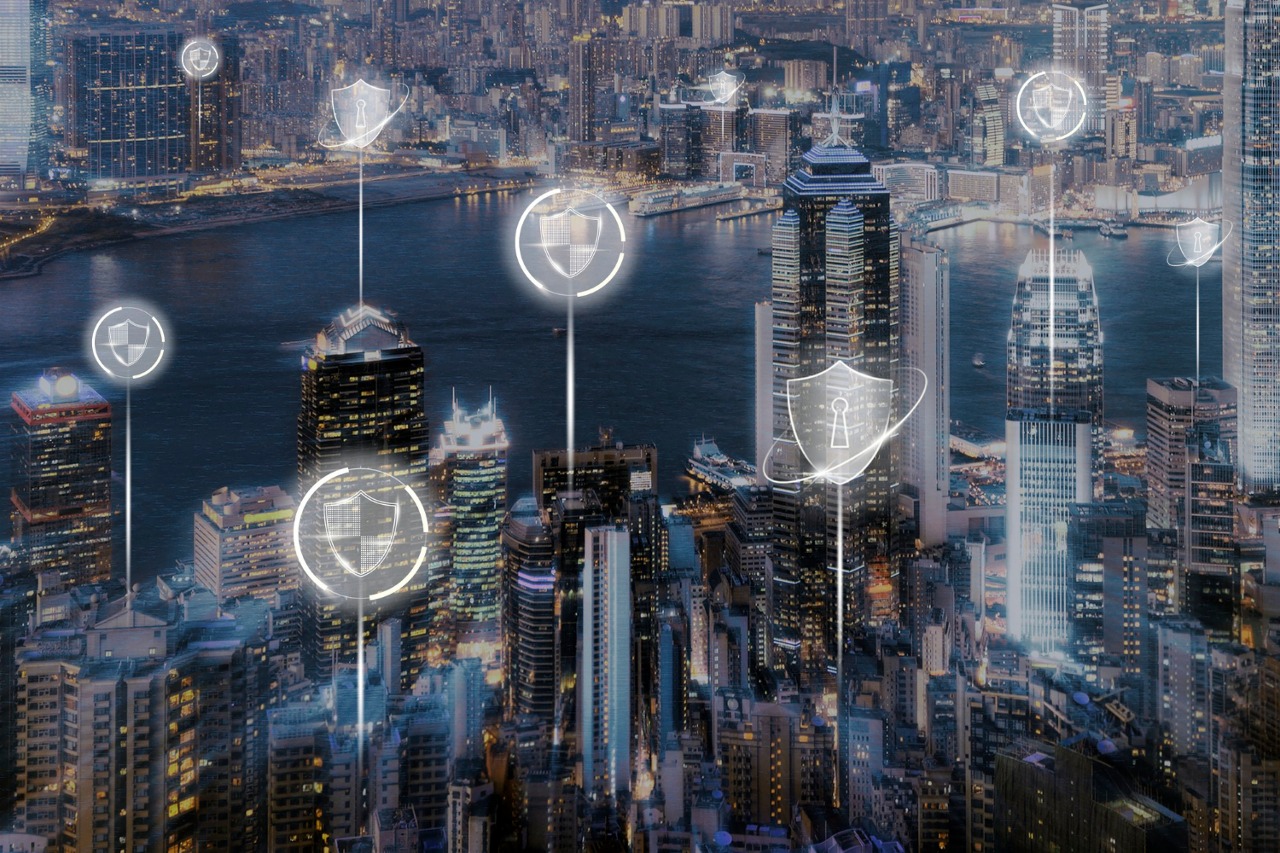The Arabian Gulf is witnessing unprecedented urban growth, with cities like Dubai, Abu Dhabi, and Riyadh leading the way in adopting smart technologies. As these cities implement smart infrastructure, they promise enhanced public services, optimized resource management, and improved quality of life for residents. However, alongside this transformation come significant cybersecurity challenges. The expansion of Internet of Things (IoT) devices coupled with the implementation of real-time data analytics renders smart cities within the region susceptible to escalating cyber threats. Protecting these digital ecosystems is crucial to the stability and prosperity of the Arabian Gulf’s urban future.
Cybersecurity in Arabian Gulf Smart Cities
The Arabian Gulf’s smart cities are at the forefront of integrating cutting-edge technologies. From traffic management to energy grids and public safety systems, these cities are interconnected through vast networks of devices and sensors. However, these very systems that enhance city functions also present prime targets for cybercriminals. Cybersecurity in the Arabian Gulf’s smart cities must focus on protecting infrastructure from unauthorized access, disruptions, and data breaches, ensuring that these urban hubs remain secure, efficient, and resilient.
IoT Vulnerabilities in the Gulf’s Smart Cities
At the heart of the Gulf’s smart city ambitions are IoT devices. These connected devices—from smart streetlights to autonomous vehicles—collect and transmit vast amounts of data. Nevertheless, IoT devices frequently exhibit deficiencies in the requisite security functionalities necessary for thwarting cyber threats. Inadequate authentication mechanisms and subpar encryption contribute to the susceptibility of these systems. Given the rapid incorporation of IoT solutions by the Kingdom of Saudi Arabia, the United Arab Emirates, and other Gulf nations, addressing these vulnerabilities is crucial to protect the infrastructure of metropolitan areas and ensure the welfare of their residents.
Protecting Critical Infrastructure in the Gulf
In smart cities, key infrastructures—such as transportation systems, water supplies, and energy grids—are increasingly digitized. While this enhances operational efficiency, it also creates new vulnerabilities. A cyber intrusion targeting the energy sector of a Gulf nation, for instance, could lead to extensive disturbances, given the region’s heavy reliance on this sector for economic stability. Ensuring the cyber resilience of these essential services is a priority for government planners and cybersecurity professionals in the Arabian Gulf, particularly as the region is a strategic player in the global energy market.
Data Privacy in Arabian Gulf Smart Cities
The success of smart cities in the Gulf relies heavily on data collection and analysis. From traffic patterns to healthcare systems, data is essential to improving services. However, this comes with significant concerns about data privacy. In an era of growing cybersecurity risks, the Arabian Gulf’s smart cities must adopt stringent data protection policies to safeguard sensitive information such as personal identities, financial records, and health data. Addressing these concerns will be vital in maintaining public trust in the region’s smart city innovations.
The Role of AI in Smart City Cybersecurity
Artificial intelligence (AI) plays a critical role in the evolution of smart cities in the Gulf, optimizing everything from traffic flow to public security. However, AI systems are not immune to cyber threats. Manipulated AI algorithms or hacked autonomous systems could cause widespread disruptions. Simultaneously, AI serves as a crucial instrument in safeguarding against cyber threats, enabling urban areas to identify, anticipate, and react to prospective assaults instantaneously. The development of AI-driven cybersecurity solutions is vital to protecting the Gulf’s smart city infrastructure.
Transportation Systems and Cybersecurity
The Gulf’s investment in smart transportation systems, including autonomous vehicles and smart public transport, is a major part of its urban strategy. These interconnected systems rely on real-time communication between vehicles, traffic management centers, and public transportation hubs. Any breach in these systems could result in traffic gridlock or accidents. The region’s cybersecurity efforts must focus on securing these vital networks to ensure the safe operation of smart transportation across major cities like Doha, Kuwait City, and Manama.
Multi-Layered Cybersecurity in Arabian Gulf Cities
Given the growing sophistication of cyber-attacks, a multi-layered cybersecurity approach is crucial for smart cities in the Arabian Gulf. This includes safeguarding physical devices, securing network communications, and protecting cloud infrastructures. Regular system updates, secure authentication methods, and strong encryption protocols are the foundation of this comprehensive defense strategy. A robust cybersecurity framework is essential for the future success of smart cities in the Gulf, where technology is deeply integrated into daily life.
Collaboration is Key to Smart City Security
Securing smart cities in the Arabian Gulf requires collaboration across sectors. Governments in the region, specifically the United Arab Emirates, the Kingdom of Saudi Arabia, and the State of Qatar, must collaborate closely with technology firms and cybersecurity professionals to develop secure urban environments. This collaboration is essential for creating smart city projects that are both innovative and secure. The Arabian Gulf has the opportunity to become a global leader in smart city security by fostering partnerships that ensure the resilience of its cities.
Conclusion
As the Arabian Gulf continues to lead the world in smart city innovations, addressing cybersecurity challenges becomes ever more urgent. Protecting critical infrastructure, securing IoT devices, and safeguarding data privacy are top priorities for cities across the region. The future success of smart cities in the Gulf depends on effectively addressing these challenges, which will, in turn, foster public trust and drive further technological advancements.
We encourage you to attend the 3rd International Arabian Gulf-Security Conference (IAGSC), which will take place from April 24-25, 2025, hosted by the American University in the Emirates (AUE). This conference will serve as a platform for experts and thought leaders to explore the future of smart city security in the Arabian Gulf and beyond. Attendees will have the opportunity to engage in discussions surrounding innovative cybersecurity solutions for urban environments. By participating, you will contribute to shaping the security of the next generation of smart cities as the Arabian Gulf continues its leadership in smart city development.





